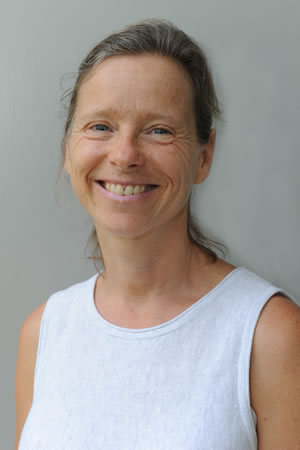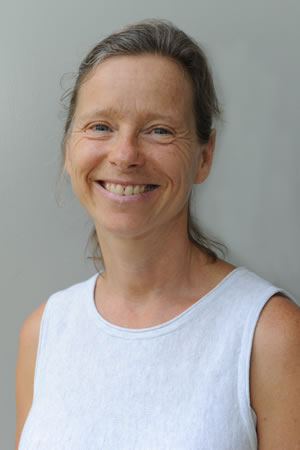A Mindful Approach To Aging
Mary Jo Bennett
Caregiver for seniors
Where did you receive your schooling and training?
I received a Bachelor of Science in education from Syracuse University. The death of a close friend introduced me to the hospice field, where I received my training as a volunteer. I served 15 years with Bozeman Deaconess Hospice (now Hospice of Southwest Montana) and published a book in 2004 about my experiences, When Autumn Comes: Creating Compassionate Care for the Dying. I have completed the “Being With Dying: Professional Training Program in Contemplative End-of-Life Care,” founded by Joan Halifax, and “Contemplative Practice and Rituals in Service to the Dying” taught by Frank Ostaseski and Joan Halifax.
How long have you been a caregiver for seniors?
I moved to Oahu in 2010 and started working as a caregiver a year ago.
What services do you provide to seniors?
Mostly I provide respite for the primary caregiver. Responsibilities can include meal preparation, bathing, gentle massage, walking assistance and exercise, medication reminders, running errands, light housekeeping and gardening, and companionship.
You offer a course, “Aging With Grace.” Why is this course important?
Unless we die as a result of an accident or early onset disease, all of us are going to experience the effects of aging. I believe that this process can be an insightful and deeply purposeful aspect of our overall life continuum. As we age mindfully, empowered by our conscious intentions, we have the unique opportunity to positively influence not only our family and friends, but society as a whole – and this potential truly excites me.
What is the most challenging part of what you do?
Seeing how pervasive and unrelenting suffering can be is a challenge. Whether its origin is physical, emotional or spiritual, bearing witness to another’s suffering can strip us of any pretense or role playing we as caregivers may be tempted to hide behind. If we are really honest with ourselves, we recognize that it could just as easily be us lying in that bed, and that sooner or later it will be. So the challenge is to be fully present and available to this person, however their suffering manifests, in whatever way it touches us. In this regard, we also need to pay attention to ourselves and what may be arising in our thoughts, feelings and bodily sensations. It’s a balance.
What do people need to understand about the process of aging, death and dying?
We are heavily influenced by our culture’s pervasive aversion to this richly significant portion of our lives. There’s so much shame and denial associated with aging, and as we’ve been bombarded with this mentality for so long and on so many levels, we are hardly even aware of it. The first step is to begin paying attention to everything around us – from the media to our favorite “Uncle Ralph” – and what they are saying (or not saying!) about this topic.
What is your philosophy and advice as far as learning to, in your words, “accept the journey,” regarding experiencing loss and “being with dying”?
Although we have no control over the inevitability of our own aging and dying, we do have some say in how we understand and come to terms with this developmental stage in our lives. As with the cultivation of any other skill, the more curiosity, openness, patience and perseverance we can bring to this exploration, the more deeply satisfying and life-enhancing the process can be. But how often are we presented with the idea that aging and dying can be one of the richest opportunities of our lives?
For decades now, scientific research has confirmed that exercise, a healthy diet and monitoring stress are essential components in combating the onset and progression of common diseases such as diabetes, congestive heart failure and cancer. The field of neuro-science takes this mandate one step further, confirming a direct correlation between our thoughts and feelings and the resiliency of our immune system. In other words, with regard to our health, happiness and well-being, everything matters!
Lifelong habits and ways of thinking can be hard to change, but not impossible. Given the proper tools and support, such as the cultivation of mindful awareness, meditation, journaling, etc., anyone can assess and redefine their own experience of aging. My course “Aging With Grace: Trusting Transition/Letting Go of Fear” is designed to help people to do just that.
For more information about the course, location and times, contact Kaiser Permanente’s Healthy Living department at 432-2270.







